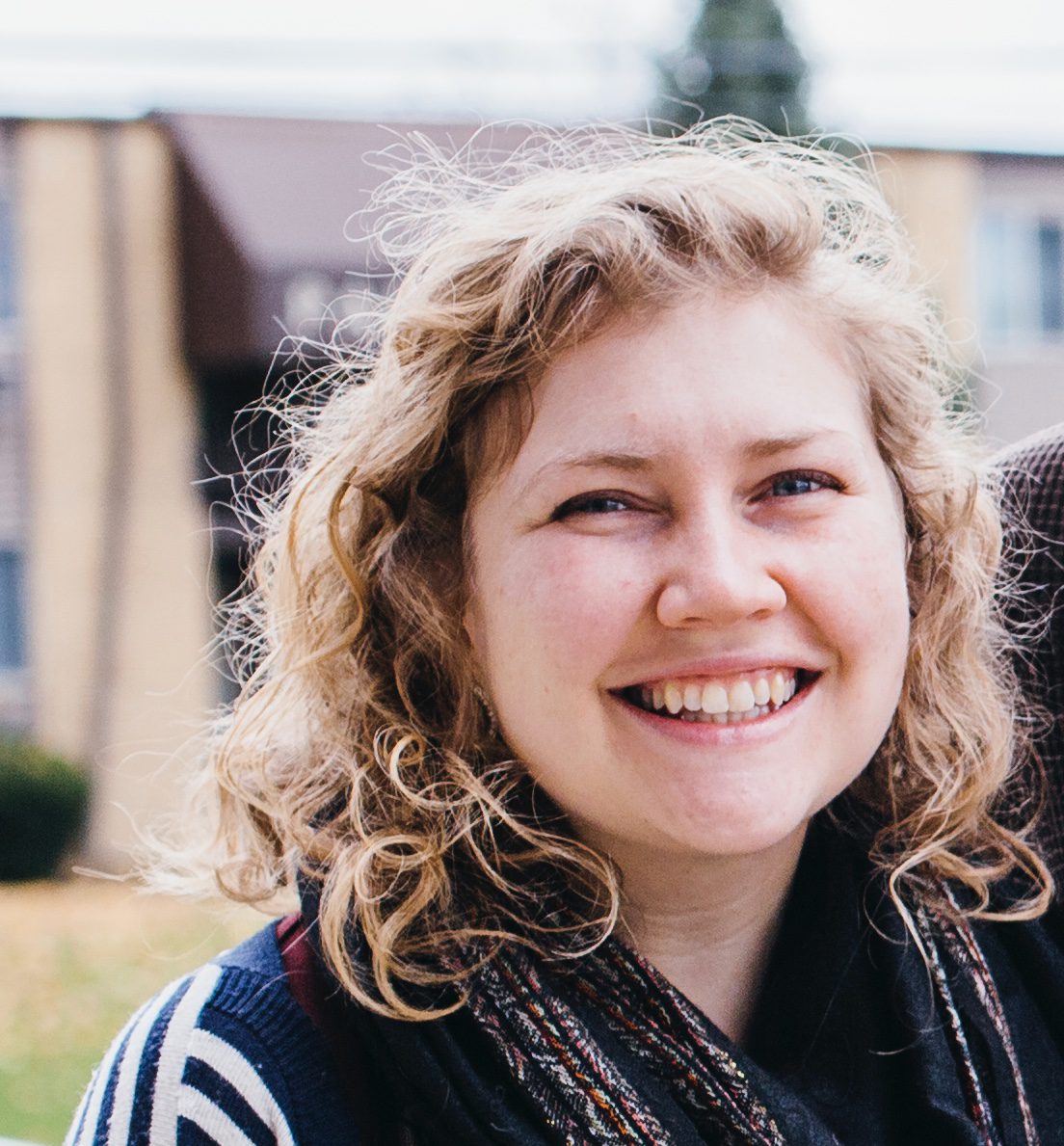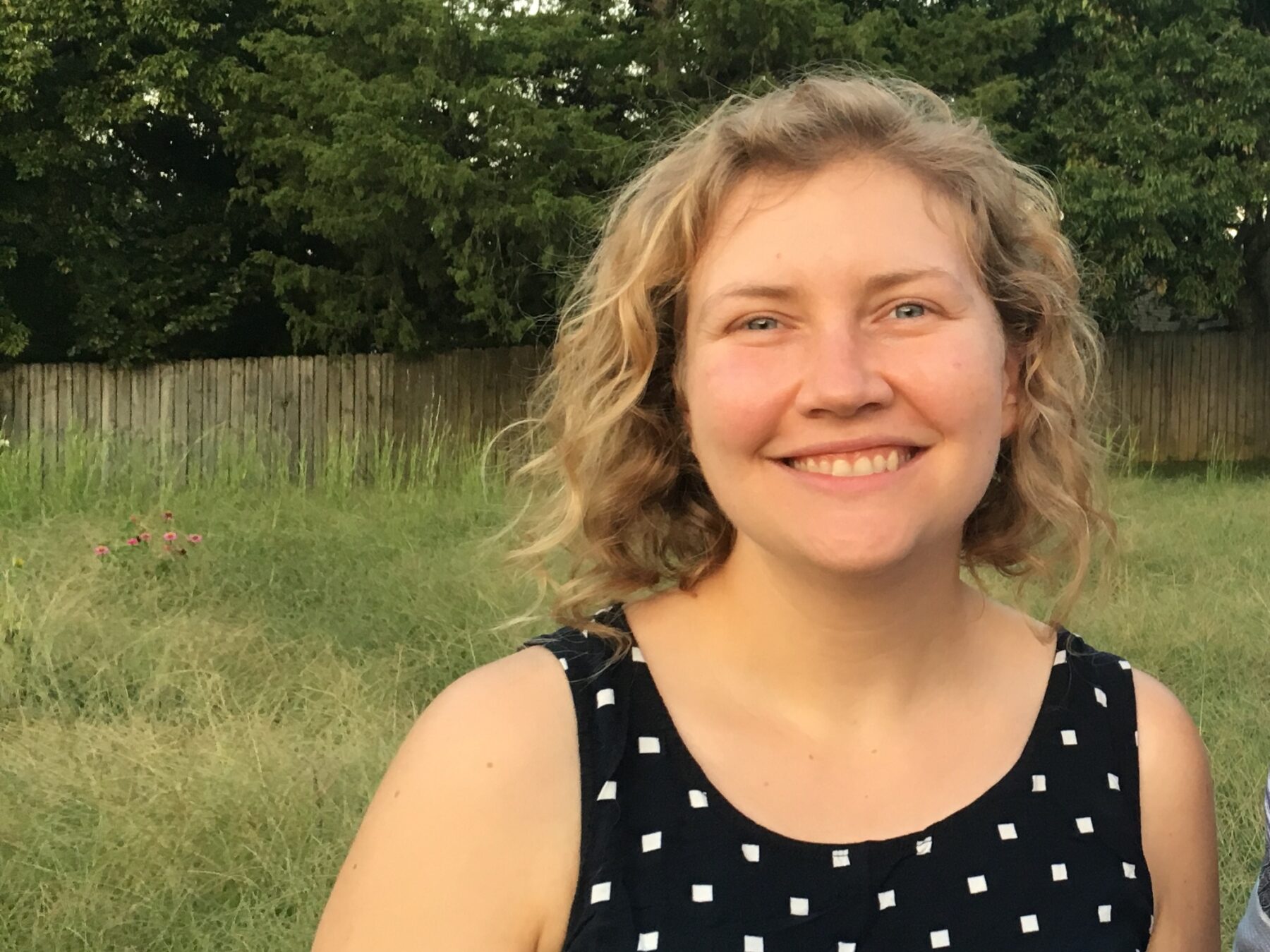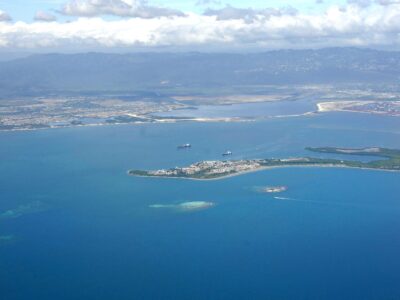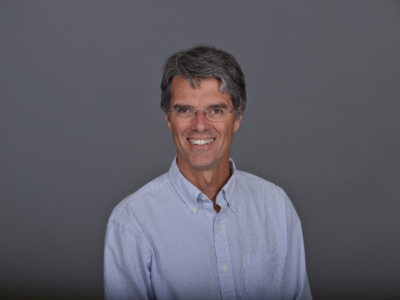Eologist Brittany Ederer speaks clearly and softly when discussing her childhood. Listeners can almost hear the wistfulness in her memories of growing up in nature:
“My younger brother and I, with my parents, lived on 35 acres in rural Wisconsin. And I mean, we spent our days mostly playing outside and making up our own games and I would wander sort of in the backwoods pretty frequently and just kind of on walkabout,” then adds laughing, “I think they call it forest bathing now.”
Her lifelong passion for nature was evident, even if the path to her field of expertise wasn’t always so clear.

“Yeah, I just love being outside. I considered myself fairly outdoorsy, we fished a lot. And then when I went to college, at the University of Wisconsin, Madison, I really had no idea what I wanted to do professionally. I thought I might end up in journalism, or something because I enjoyed writing, but I happened to meet somebody who was majoring in wildlife ecology, and I had never heard of that before. I didn’t know that that was something that you could do. And so I checked it out. And I was like, Oh, yeah, this is, this is actually what I want to do. Like I want to be outside, I want my professional attire to be hiking boots, not high heels.”
She laughs again, “So it was a great fit.”
As she grew, her faith did too. She first started attending a Methodist church as a child. later on, she joined a Free Evangelical Church while attending college, “For a rural person, like me, going to what was a megachurch was something else!”
Dr. Ederer also links her first awakening to the relationship between the environment and her faith, “I was learning and having my eyes opened to the crazy ways that the world works from an ecological perspective. How everything is connected and interdependent. Human society is completely interdependent with soil microbes, and with pollinators, and a stable climate. And you at some point, we’ve kind of lost that perspective.”
Asked to expand on that perspective between humanity and the way the earth works, Dr. Ederer is succinct, “You’ve got to give back to the land. You can’t always be taking. You have to give. There’s a reciprocal relationship.”
She references her “growth” in her faith with frequency, and consistently relays how that informs where she’s been and where she is now. Dr. Ederer cites scripture as a guiding light regarding her chosen field.
With Colossians, she points out that, “Creation shares in the reconciling work of Christ” and “Creation is not left out,” before pivoting to a very real example for believers.
“(On a) visceral, sort of, practical level, Jesus was flesh and blood. He made it clear just by his existence as a human that creation is good. You know, ‘the Son of Man has been eating and drinking’, I don’t know the reference for that. And every time we eat and drink, whether it’s communion, or breakfast, or dinner, or whatever, we partake of creation and make it part of ourselves. And so, you know, for me, that really underscores that interdependence that God has created a world in which we cannot live well without other members of creation.”
When asked to illuminate her view on how the discussion about the changing climate has evolved and how it is still discussed within faith-based communities, Dr. Ederer suggests that the conversation is further developing as people of faith are seeing the interconnectivity of a changing environment and many different issues.
“Ecology is essentially the study of the interconnection of things, at a very basic level, and I feel like the conversation around climate action is going through that process of being connected to other things, because it is. So, I’ve seen a lot of transformation, you know, from (the view that) climate change (is) hurting people that are really far away, you know, those poor people that are really far away. But hang on a second, this is a justice issue here, you know, for our neighbors. It’s a problem of racial injustice. It’s a problem of national security. It’s a problem of, you know, actually being faithful to scripture in terms of actually practicing creation care.”





 Copyright
2024
Root and Vine
Copyright
2024
Root and Vine